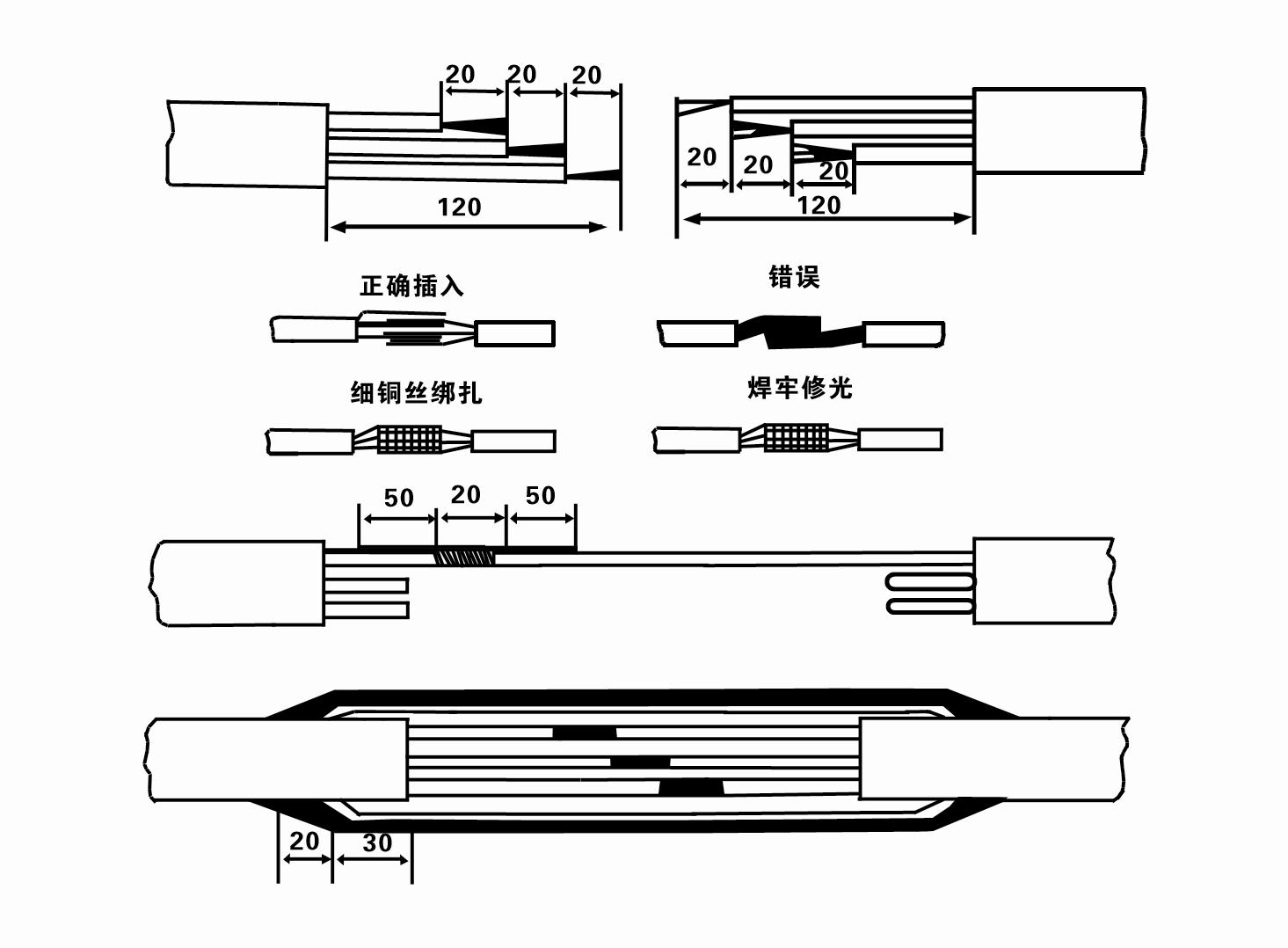Aug . 08, 2024 06:40 Back to list
Choosing the Right 1.1 kW Borehole Pump for Efficient Water Extraction and Usage
Understanding 1.1% KW Borehole Pumps Efficiency and Applications
Borehole pumps are essential devices in various industries, particularly in agriculture, water supply, and industrial applications. Among the various types of pumps available, the 1.1 KW borehole pump stands out due to its balance of power efficiency and effectiveness in extracting water from underground sources. This article explores the workings, applications, and considerations surrounding 1.1 KW borehole pumps.
What is a 1.1 KW Borehole Pump?
A borehole pump, commonly referred to as a submersible pump, is designed to be submerged in water. The term 1.1 KW denotes the power rating of the pump, which is equivalent to approximately 1.5 horsepower. This power rating makes the pump suitable for a range of applications, from domestic water supply systems to agricultural irrigation.
The primary function of a borehole pump is to lift water from deep underground sources, such as wells or boreholes. The pump operates using an electric motor that drives a series of impellers, creating suction that pulls water up through the borehole and into a piping system for distribution.
Advantages of 1.1 KW Borehole Pumps
One of the most significant advantages of a 1.1 KW borehole pump is its energy efficiency. With the growing concern over energy consumption and its impact on the environment, pumps with lower power ratings, such as 1.1 KW, are increasingly favored. These pumps can operate effectively without excessive energy usage, making them cost-effective for long-term use.
Additionally, the compact design of borehole pumps allows for easy installation in narrow boreholes. This is particularly advantageous in areas with limited space or where other larger pumps would not fit. The submersible nature of the pump also means that it operates quietly, reducing noise pollution in residential or agricultural settings.
Applications of 1.1 KW Borehole Pumps
1.1 kw borehole pump

The versatility of 1.1 KW borehole pumps makes them ideal for a variety of applications. In agricultural settings, these pumps are commonly used for irrigation purposes. They effectively supply water to fields, ensuring that crops receive the necessary hydration for healthy growth.
In residential areas, borehole pumps are utilized to provide a reliable water supply for homes, particularly in rural locations where municipal water systems are unavailable. They can be used for domestic purposes, including drinking water, baths, and other household needs.
Moreover, industries that require large volumes of water, such as construction or landscape maintenance, often rely on 1.1 KW borehole pumps. These pumps can facilitate the efficient movement of water for various processes, from mixing concrete to maintaining irrigation systems for landscaping projects.
Considerations When Choosing a Borehole Pump
When selecting a borehole pump, several factors must be considered. Firstly, the depth of the borehole is crucial, as pumps are designed to operate most efficiently within specific depth ranges. Additionally, understanding the water table in the area can aid in determining the most suitable pump for the task.
Furthermore, potential users should consider the flow rate and pressure requirements of their intended application. Evaluating these needs will ensure that the chosen pump performs effectively and meets the demands of the specific application.
Conclusion
In summary, the 1.1 KW borehole pump is a versatile and energy-efficient option for extracting water from deep underground sources. Its applications span across agriculture, residential, and industrial settings, making it a valuable asset for any water supply system. As the demand for sustainable and cost-effective solutions continues to grow, borehole pumps remain a critical technology in managing water resources efficiently.
-
Submersible Water Pump: The Efficient 'Power Pioneer' of the Underwater World
NewsJul.01,2025
-
Submersible Pond Pump: The Hidden Guardian of Water Landscape Ecology
NewsJul.01,2025
-
Stainless Well Pump: A Reliable and Durable Pumping Main Force
NewsJul.01,2025
-
Stainless Steel Submersible Pump: An Efficient and Versatile Tool for Underwater Operations
NewsJul.01,2025
-
Deep Well Submersible Pump: An Efficient 'Sucker' of Groundwater Sources
NewsJul.01,2025
-
Deep Water Well Pump: An Efficient 'Sucker' of Groundwater Sources
NewsJul.01,2025
-
 Submersible Water Pump: The Efficient 'Power Pioneer' of the Underwater WorldIn the field of hydraulic equipment, the Submersible Water Pump has become the core equipment for underwater operations and water resource transportation due to its unique design and excellent performance.Detail
Submersible Water Pump: The Efficient 'Power Pioneer' of the Underwater WorldIn the field of hydraulic equipment, the Submersible Water Pump has become the core equipment for underwater operations and water resource transportation due to its unique design and excellent performance.Detail -
 Submersible Pond Pump: The Hidden Guardian of Water Landscape EcologyIn courtyard landscapes, ecological ponds, and even small-scale water conservancy projects, there is a silent yet indispensable equipment - the Submersible Pond Pump.Detail
Submersible Pond Pump: The Hidden Guardian of Water Landscape EcologyIn courtyard landscapes, ecological ponds, and even small-scale water conservancy projects, there is a silent yet indispensable equipment - the Submersible Pond Pump.Detail -
 Stainless Well Pump: A Reliable and Durable Pumping Main ForceIn the field of water resource transportation, Stainless Well Pump has become the core equipment for various pumping scenarios with its excellent performance and reliable quality.Detail
Stainless Well Pump: A Reliable and Durable Pumping Main ForceIn the field of water resource transportation, Stainless Well Pump has become the core equipment for various pumping scenarios with its excellent performance and reliable quality.Detail
